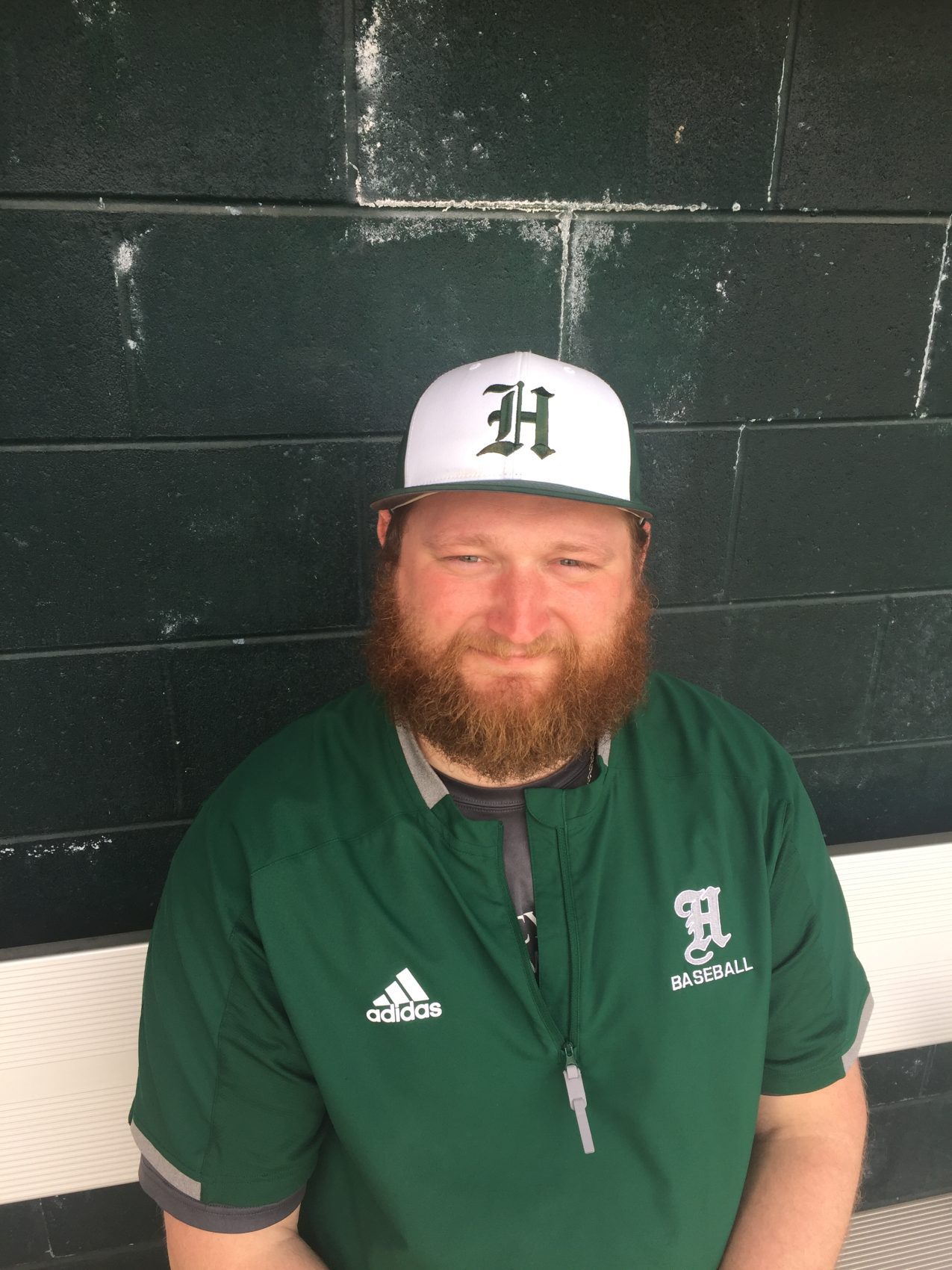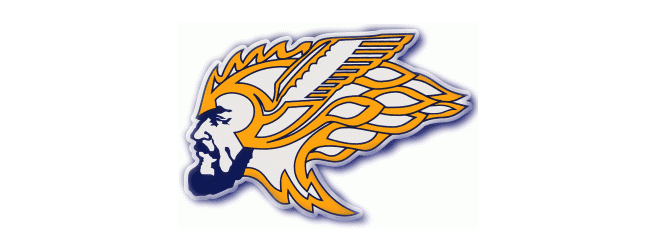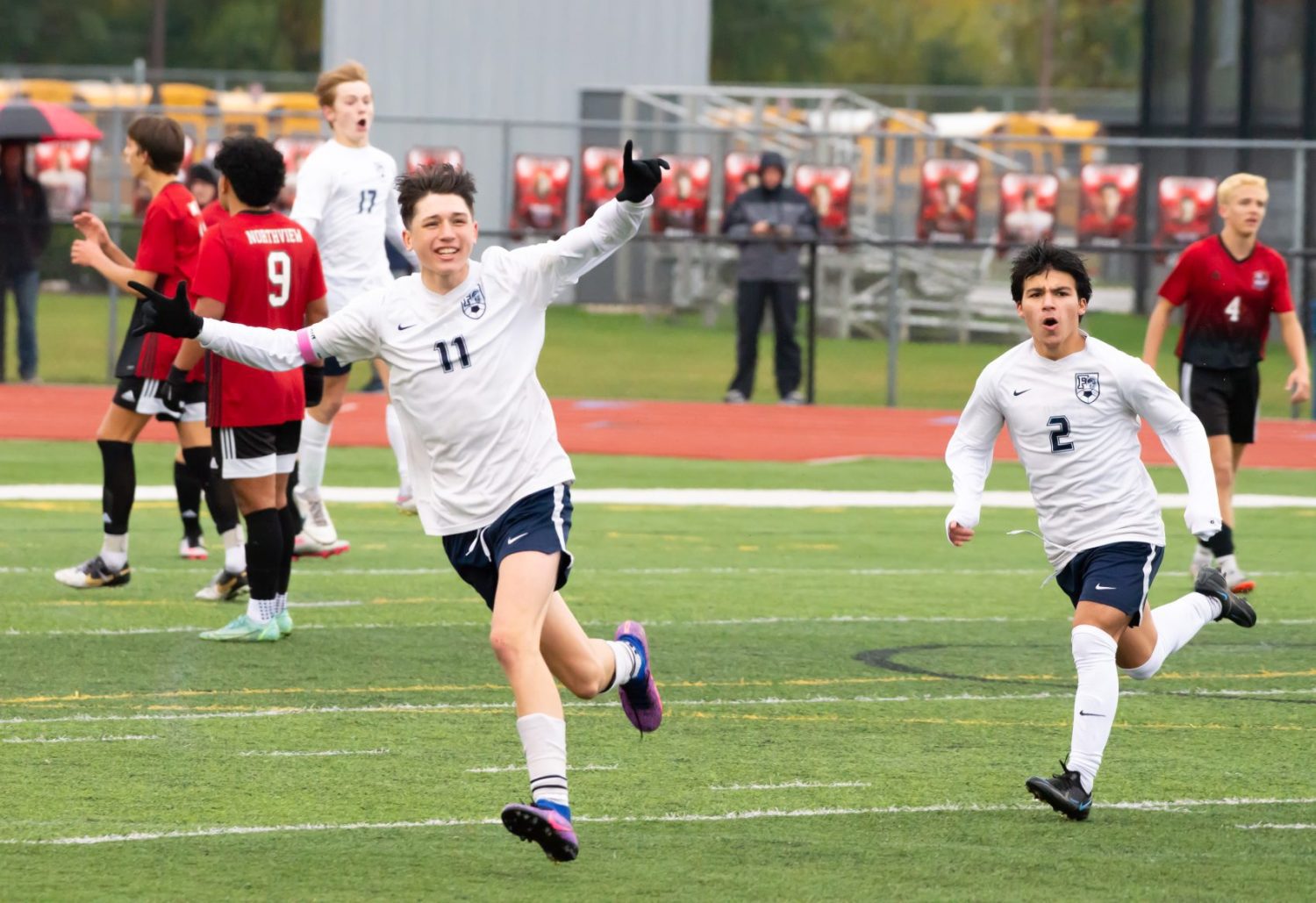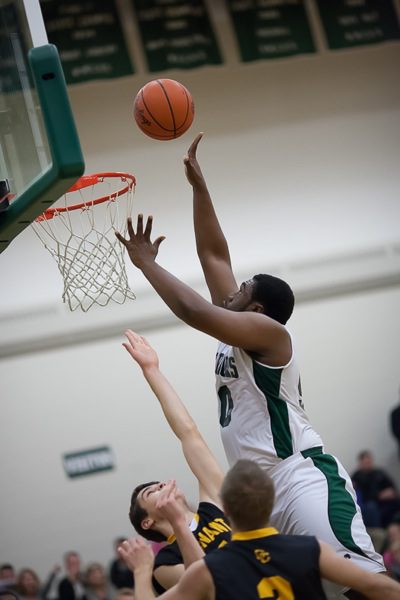By Greg Gielczyk
LocalSportsJournal.com
 HESPERIA–When he was still in high school at Holton, Nick Taylor dealt with his share of injuries.
HESPERIA–When he was still in high school at Holton, Nick Taylor dealt with his share of injuries.
He was impressed with the work athletic trainer Jacqueline Tanner (Cane) did to get him back to health.
That sparked Taylor’s interest in the field and fueled his desire to become an athletic trainer and do the things he saw Tanner doing.
“I just had a really good experience with her and I kind of knew from that moment on it was what I wanted to do,” Taylr said. “Now she’s my boss’s boss and I work for her.”
Taylor graduated from Holton in 2012 and went to Olivet College from 2012-16. He received his Masters Degree in Athletic Training from the University of Findlay in Ohio, where he attended from 2016-18.
He is in his fourth year of being an athletic trainer at Trinity Health and he’s been the athletic trainer at Hesperia High School for more than 2 years.
Before that, he traveled extensively, and did whatever he was asked to do. He also worked for a year at both Muskegon Heights and Shelby.
He’s also been the athletic trainer for the Muskegon Risers pro soccer team and the semi-pro Muskegon Ironmen indoor football team.
“I’m really big on giving back to the people who gave to you,” said Taylor. “When I was in college, I got to do an unpaid internship, job shadowing Tanner as well as Jon Romkema, my boss, to figure out exactly what I wanted to do. As soon as I got out of college, I wanted to move back and work for Trinity because all of my experience was for Trinity and I feel like they gave me a good experience. I owed it to them to come back and be the best I can be in this field.”
Taylor said there’s much more to being an athletic trainer than just taping ankles and doing injury evaluations.
“Sometimes the psychological stuff is just unreal,” he said. “Like the kids will just come in and start talking to you about random things that are important in their lives that aren’t going well. You basically have to be like a psychologist. Sometimes, there are times when they need help setting up the field or the court. So, you kind of bounce back and forth.”
He said the athletic training is about 60 percent of what he does.
Short-term injuries, like sprained ankles, don’t need as much recovery time. But ACL and labium repair is a whole different animal.
“It’s a lot of ‘hey, let’s do what we’ve got to do. We’ll get you back. It’s going to take some time,'” Taylor said. “It’s just kind of reassurance that it’s not the end. An ACL, that’s like a nine-month recovery (period). Usually they’re pretty upbeat (speaking of the injured athlete) for a month or so, then it’s super repetitive and really boring.
“So, you have to find ways to make it fun, to make them want to come back,” said Taylor. “If you don’t have fun, you don’t want to go again.”
Taylor added that it’s about keeping the athletes entertained and interested by trying to do new things, although the protocols are pretty much laid out for them and the trainers.
What’s been the most rewarding part about the job for Taylor?
“Honestly, the thing that I’ve loved the most about athletic training, literally from Day 1, is just being able to make a positive impact on kids’ lives,” remarked Taylor.
“You never know where these kids come from, or what they have at home, or what they don’t have at home, and just how you can step in and be like a father figure, or brother … just someone that kind of looks out for them,” he said.
“I’m a pretty emotional, outspoken person. So, if I’m proud of them they know, if I’m upset they know. Being able to be that person is really the biggest perk that comes from doing this.”







